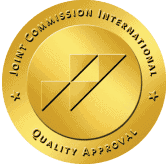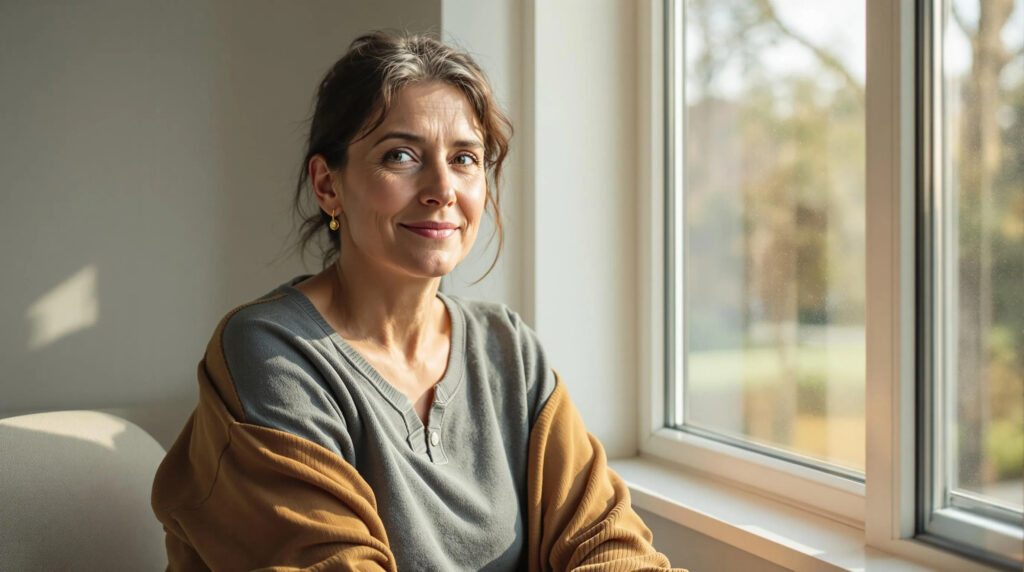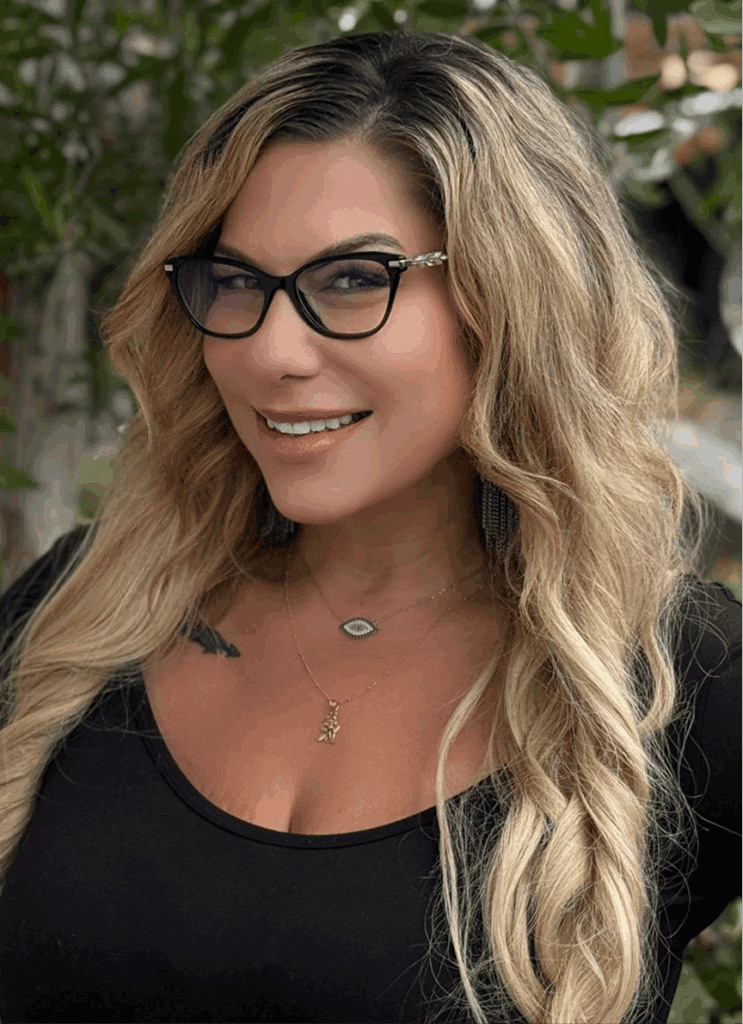You deserve compassionate, evidence-based treatment that addresses your unique needs. Club drug addiction affects thousands of individuals, but recovery is possible with the right support and professional care. Take your first step toward lasting sobriety today.
What are the signs of club drug addiction?
You may be struggling with club drug addiction if you recognize these warning signs in your life. Club drugs like MDMA (ecstasy), cocaine, ketamine, and GHB create powerful dependencies that affect your physical health, mental well-being, and relationships.
Physical symptoms you might experience:
- Rapid heart rate and elevated blood pressure
- Excessive sweating or chills
- Dilated pupils and blurred vision
- Nausea, vomiting, or loss of appetite
- Severe dehydration and electrolyte imbalances
- Muscle tension and jaw clenching
- Sleep disturbances and insomnia
- Tremors or involuntary muscle movements
- Frequent headaches and dizziness
- Unexplained weight loss
Behavioral changes you may notice:
- Compulsive need to attend parties or clubs
- Lying about your whereabouts or activities
- Neglecting work, school, or family responsibilities
- Spending excessive money on drugs
- Isolating from friends who don’t use substances
- Taking dangerous risks while under the influence
- Using drugs alone or in unsafe environments
- Continuing use even after negative consequences
- Inability to enjoy social activities without substances
- Aggressive or erratic behavior when drugs are unavailable
Psychological symptoms that may develop:
- Intense cravings for club drugs
- Anxiety and panic attacks
- Depression and mood swings
- Paranoia and hallucinations
- Memory problems and confusion
- Difficulty concentrating
- Emotional numbness or instability
- Suicidal thoughts or behaviors
- Loss of interest in previously enjoyed activities
- Feelings of hopelessness about recovery
Professional treatment centers understand that club drug addiction creates complex physical and psychological dependencies. You don’t have to face these symptoms alone – help is available now.
What makes club drug addiction particularly dangerous?
You face unique risks when struggling with club drug addiction that require immediate professional attention. Club drugs are responsible for approximately 30% of all drug-related emergency department visits among young adults, making this a serious public health concern.
Immediate health risks you encounter:
- Hyperthermia and dangerous overheating
- Cardiac arrest and heart rhythm abnormalities
- Seizures and neurological complications
- Respiratory depression and breathing difficulties
- Severe dehydration and kidney failure
- Stroke and brain hemorrhage
- Coma and loss of consciousness
- Sexual assault vulnerability due to impaired judgment
- Accidental overdose from unknown drug purity
- Fatal interactions with other substances
Long-term consequences affecting your future:
- Permanent brain damage and cognitive impairment
- Cardiovascular disease and heart problems
- Liver and kidney damage
- Severe depression and anxiety disorders
- Memory loss and learning difficulties
- Relationship destruction and social isolation
- Career and educational setbacks
- Legal problems and criminal charges
- Financial ruin from drug expenses
- Increased risk of other substance dependencies
Recent data shows that ketamine use among nightclub attendees increased by 37% between 2017 and 2024, while MDMA use among college students rose 69% in just two years. You’re not alone in this struggle, but waiting for treatment increases your risk of serious complications.
Treatment centers specializing in club drug addiction understand these specific dangers and provide immediate medical stabilization alongside comprehensive recovery support.
How does professional club drug addiction treatment work?
You’ll receive personalized care through evidence-based treatment programs designed specifically for club drug dependencies. Professional treatment centers offer multiple levels of care that work together as a comprehensive system to support your recovery journey.
Drug rehab provides intensive foundation:
Drug rehab offers 24/7 medical supervision and structured therapeutic programming. You’ll receive immediate medical stabilization, comprehensive assessment, and intensive therapy sessions. This program typically lasts 30-90 days and provides the strongest foundation for your recovery.
Partial hospitalization program (PHP) offers structured daily support:
PHP provides intensive treatment during the day while allowing you to return home each evening. You’ll attend therapy sessions, group counseling, and educational workshops for 6-8 hours daily, 5-7 days per week. This program helps you transition from intensive care while maintaining strong therapeutic support.
Intensive outpatient program (IOP) maintains recovery momentum:
IOP offers structured treatment sessions 3-4 times per week for 3-4 hours each session. You’ll participate in group therapy, individual counseling, and relapse prevention education while managing work, school, or family responsibilities. This program typically lasts 8-12 weeks.
Outpatient program (OP) supports long-term sobriety:
OP provides ongoing support through weekly individual therapy sessions and monthly group meetings. You’ll develop long-term coping strategies, address underlying mental health issues, and build a sustainable recovery lifestyle. This program can continue for months or years as needed.
Evidence-based therapies you’ll experience:
- Cognitive Behavioral Therapy (CBT) to change harmful thought patterns
- Motivational Interviewing to strengthen your commitment to recovery
- Contingency Management with rewards for positive behaviors
- Trauma-informed therapy to address underlying issues
- Group therapy for peer support and accountability
- Family therapy to rebuild relationships
- Mindfulness and stress reduction techniques
- Relapse prevention planning and skill building
- Dual diagnosis treatment for co-occurring mental health disorders
- Medication management when clinically appropriate
Treatment centers typically recommend starting with PHP and progressing through IOP to OP as you build stronger recovery skills and independence.
The most effective treatment approaches for club drug recovery
You’ll benefit from specialized treatment methods that address the unique challenges of club drug addiction. Research shows that integrated treatment approaches combining multiple evidence-based therapies achieve the highest success rates for lasting recovery.
Cognitive Behavioral Therapy transforms your thinking patterns:
CBT helps you identify triggers that lead to drug use and develop healthier coping strategies. You’ll learn to recognize negative thought patterns and replace them with positive, recovery-focused thinking. Studies demonstrate that CBT leads to significant reductions in substance use and improved emotional regulation.
Motivational Interviewing strengthens your recovery commitment:
This therapy approach helps you explore your own reasons for change and resolve any ambivalence about recovery. You’ll work with therapists who understand that motivation fluctuates and help you maintain focus on your recovery goals. Research shows MI significantly improves treatment engagement and reduces substance use.
Trauma-informed care addresses underlying issues:
Many individuals struggling with club drug addiction have experienced trauma that contributes to their substance use. You’ll receive specialized therapy that addresses these underlying issues safely and effectively. Treatment centers understand the connection between trauma and addiction.
Group therapy provides peer support and accountability:
You’ll participate in group sessions with others who understand your struggles. These sessions provide opportunities to share experiences, learn from others, and build a supportive recovery community. Group therapy has proven particularly effective for club drug addiction recovery.
Family therapy rebuilds important relationships:
Addiction affects your entire family system. You’ll participate in family therapy sessions that help repair damaged relationships, improve communication, and create a supportive home environment for your recovery. Family involvement significantly improves long-term recovery outcomes.
Dual diagnosis treatment addresses co-occurring disorders:
You may struggle with depression, anxiety, PTSD, or other mental health conditions alongside your addiction. Integrated treatment addresses both your substance use and mental health issues simultaneously, leading to better outcomes than treating each condition separately.
Treatment centers report success rates of approximately 50% for comprehensive programs that combine multiple evidence-based approaches. Your individual success depends on your commitment to treatment and the quality of care you receive.
Why San Diego residents choose specialized club drug treatment
You have access to exceptional addiction treatment resources throughout San Diego County that understand the unique challenges of club drug dependencies. The region’s treatment centers offer specialized programs designed specifically for substances like MDMA, ketamine, cocaine, and GHB.
San Diego’s treatment advantages:
- Year-round therapeutic outdoor activities and wellness programs
- Proximity to beaches and nature for healing environments
- Diverse, multicultural treatment communities
- Access to cutting-edge medical facilities and research
- Strong recovery community networks throughout the county
- Integration with university medical centers for advanced care
- Specialized programs for young adults and college students
- LGBTQ+ affirming treatment environments
- Bilingual and culturally competent treatment staff
- Insurance acceptance and financial assistance programs
Local recovery resources supporting your journey:
Treatment centers throughout San Diego collaborate with community organizations, support groups, and recovery networks. You’ll have access to ongoing support through local NA meetings, recovery coaching, sober social activities, and peer mentorship programs.
The region’s treatment facilities understand that club drug addiction often develops within specific social contexts – nightlife scenes, music festivals, and party environments. You’ll receive specialized counseling that addresses these environmental triggers and helps you build a fulfilling social life in recovery.
San Diego’s treatment centers also recognize the connection between club drug use and mental health issues common among young adults. You’ll receive comprehensive care that addresses anxiety, depression, trauma, and other co-occurring conditions.
What to expect during your club drug addiction treatment journey
You’ll experience a carefully structured treatment process designed to address your specific needs and recovery goals. Professional treatment centers create individualized plans that evolve as you progress through different levels of care.
Your initial assessment and planning:
When you first contact a treatment center, you’ll complete a comprehensive evaluation that examines your substance use history, physical health, mental health status, and social circumstances. This assessment helps determine the most appropriate level of care and treatment approach for your situation.
Medical stabilization and safety:
If you’re experiencing withdrawal symptoms or medical complications, you’ll receive immediate medical attention. Club drugs can create dangerous physical effects that require professional monitoring and intervention. Medical staff will ensure your safety and comfort during this initial phase.
Therapeutic programming and skill development:
You’ll participate in individual therapy sessions, group counseling, educational workshops, and experiential therapies. Your treatment plan will include specific goals and milestones that help track your progress. You’ll learn practical skills for managing cravings, avoiding triggers, and building a healthy lifestyle.
Family involvement and relationship repair:
Treatment centers encourage family participation when appropriate. You may participate in family therapy sessions, educational programs for loved ones, and communication skill-building exercises. Rebuilding healthy relationships is an important part of sustainable recovery.
Transition planning and continuing care:
As you progress through treatment levels, your care team will help you plan for ongoing recovery support. This includes connecting you with community resources, support groups, and continuing therapy services. You’ll develop a comprehensive relapse prevention plan.
Timeline expectations for recovery:
- Drug rehab: 30-90 days of intensive, residential treatment
- PHP: 4-8 weeks of daily intensive outpatient care
- IOP: 8-12 weeks of structured outpatient programming
- OP: Ongoing support for months or years as needed
- Total active treatment: 6-18 months depending on individual needs
- Continuing care: Lifelong recovery support and maintenance
Your treatment journey is unique, and timelines may vary based on your progress, motivation, and individual circumstances. Treatment centers adjust programming to meet your evolving needs throughout recovery.
How much does club drug addiction treatment cost in San Diego?
You have multiple options for financing your recovery, and treatment centers work with you to make care accessible regardless of your financial situation. The cost of treatment varies based on the level of care, duration, and specific services included in your program.
Insurance coverage for addiction treatment:
Most major insurance plans cover addiction treatment as an essential health benefit. You can expect coverage for:
- Medical detoxification and stabilization
- Drug rehab and residential treatment
- PHP, IOP, and OP programming
- Individual and group therapy sessions
- Medication management and psychiatric care
- Family therapy and counseling services
- Case management and discharge planning
- Continuing care and relapse prevention
Financial assistance and payment options:
Treatment centers offer various financial assistance programs including sliding scale fees, payment plans, scholarships, and grants. Many facilities have financial counselors who help you understand your options and maximize your insurance benefits.
Investment in your future:
While treatment requires a financial investment, the cost of continuing addiction far exceeds treatment expenses. Club drug addiction leads to medical emergencies, legal problems, lost employment, and damaged relationships that create enormous long-term costs.
Typical cost ranges for different programs:
- Drug rehab: $15,000-$50,000 for 30-90 days
- PHP: $8,000-$15,000 for 4-8 weeks
- IOP: $3,000-$8,000 for 8-12 weeks
- OP: $100-$300 per session for ongoing care
Treatment centers provide detailed cost estimates and work with you to create affordable payment arrangements. Don’t let financial concerns prevent you from getting the help you need – options are available.
Contact Assure Recovery
Don’t wait another day to begin your recovery from club drug addiction. Help is available now, and you deserve compassionate, professional treatment that addresses your unique needs and circumstances.
Call Assure Recovery today at (833) 530-0291 to speak with an addiction specialist who understands club drug dependencies. You’ll receive a confidential assessment and learn about treatment options that can help you reclaim your life.



